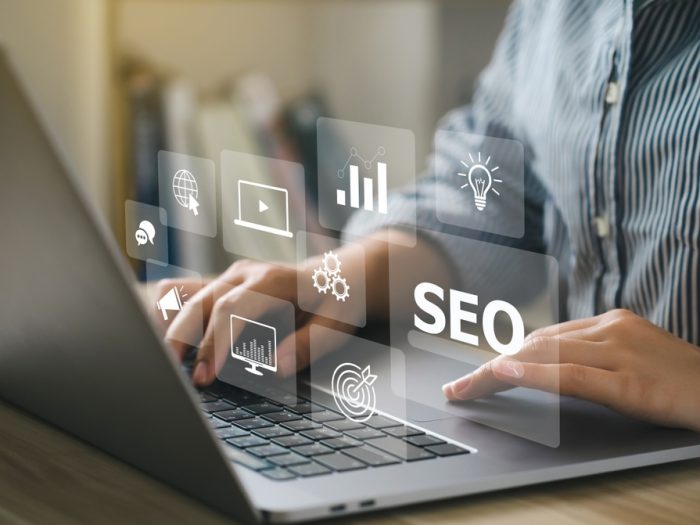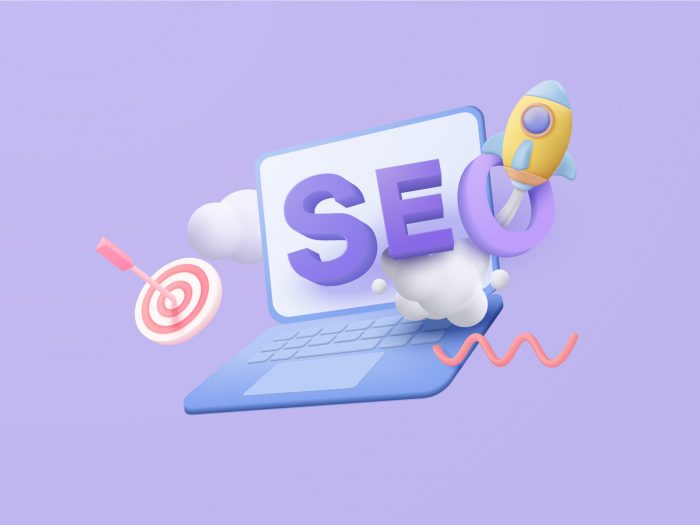SEO vs PPC; What’s The Difference And Which Is Better?
In this day and age, having a business also entails building and maintaining a professional website.
Without a web presence for your business, you will be missing out on a lot of potential clients, and it will be a lot more difficult for users to find you. It will be even more difficult to win their trust as if a business does not have a website, it practically does not exist for most people.
But even once your website is finished, your work with it isn’t even close to over. Without any kind of promotion, it is almost guaranteed that you will get zero traffic.
Two of the most common ways for such “promotion” are, of course, search engine optimization (SEO) and PPC (Pay-Per-Click).
In this article, we will be taking a look at these two terms and the difference between them.
But before we dive in, I would like to give an answer to the big question from the title. Which is better? Some people would say they never invested in PPC and got amazing traffic from SEO only.
Others would claim that they never did too much search engine optimization and got great sales from pay-per-click ads alone.
What I would say is that none is better than the other, and these two things work together to get your business the exposure it deserves.
Search Engine Optimization
Let’s start with SEO first. In essence, it is the combination of all actions taken to optimize your website for search engines.
There are three distinct sides to SEO:
On-page SEO;
Off-page SEO;
Technical SEO.
Technical SEO is exactly what it sounds like. It is everything from your website’s code and speed to its crawlability, the presence of a sitemap and many more technical details that are all worthy of their own articles.
On-page SEO is your content, images, and keywords that you use throughout it. It also includes your meta titles and descriptions and everything on your front-end.
Off-page SEO mostly consists of link building. It is the process of acquiring incoming backlinks from other resources that point to your website.
In order to rank well in Google, you need to utilize all three aspects of SEO. The biggest downside of search engine optimization is the fact that it takes a really long time to see results.
It also requires a huge amount of resources:
For on-page SEO, you need to keep an informative blog with frequent and relevant uploads (this is recommended even for eCommerce businesses);
For figuring out all of its technical aspects, you will need the help of a professional;
If you don’t want to spend dozens of hours every week on link building yourself, you will need to hire either an in-house link builder or an agency.
Sounds like an awful lot of effort to get yourself ranking well, doesn’t it? It is. But the end result is well-worth it: once you get on the first page of Google, you will start receiving gradually increasing free traffic.
More traffic means more conversions, and more sales is kind of the point of business.
Even if you do not plan on building a ton of backlinks, it is absolutely vital to at least invest into the technical and on-page aspect of SEO as you always want your site to run well and have awesome content that people keep coming back for.
PPC
Pay-Per-Click ads are exactly what they sound like: they are advertisements that show up in Google, and you pay for each click instead of for the uptime. These should be part of your marketing mix.
PPC ads can be an awesome shortcut to temporarily boost traffic to a particular page. More specifically, your product and service pages. As a result, it can also be beneficial for lead generation and sales improvement strategies of your business.
A major advantage of PPC over SEO is that you’re able to set up ad campaigns even for the company names of your competitors. So, whenever someone searches for your competitors, your ad will always show up on top of them, no matter the amount of SEO they do.
And it can happen as soon as you launch your ad campaign.
Think of SEO as a global tactic to rank your website as a whole. PPC, on the other hand, is more of a tool to help you get very specific pages in front of your target audience.
The only downside to Pay-Per-Click advertising is that, of course, it can be quite expensive. However, if it can fit into your budget, there are literally no downsides to taking advantage of it.
The Verdict?
Use both. SEO is essential for the well-being of your website as a whole.
Especially link building. Despite Google’s numerous updates, links are still one of the strongest ranking factors, and if you amass a strong backlink profile, your competitors will struggle to outrank you until they get a similar number of backlinks of their own.
SEO is a very long-term process, but it’s absolutely necessary if you’re serious about your company website.
Use PPC for your product and service pages to snatch your competitors’ customers right from under their nose.
As I mentioned in the beginning, for the absolute best results, utilize both SEO and PPC together. This can be done by contacting a skilled Digital Marketing Agency such as Finsbury Media! We can help your business with both effective SEO and PPC. Get in touch with one of our experts today!




